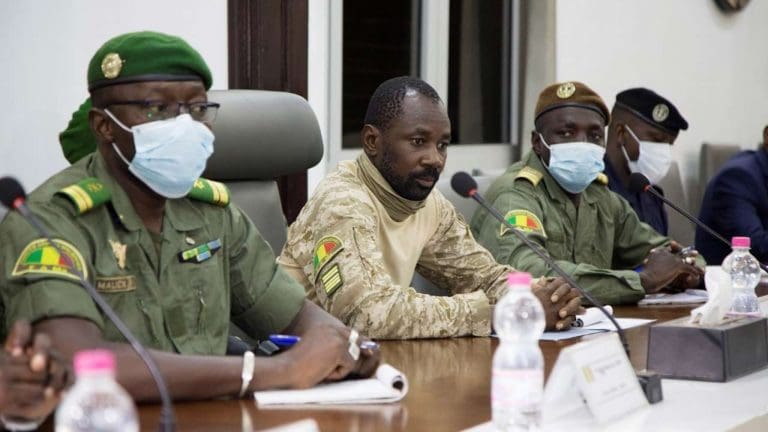APA – Bamako (Mali) – Malians voted yes in the June 18 referendum to reform the constitution.
Just 24 hours after the final results of the June 18 referendum were announced, the President of Mali’s Transition, Colonel Assimi Goita, signed the decree promulgating the new Constitution. Called the Constitution of July 22, 2023, the new Basic Law marks Mali’s entry into the 4th Republic.
The President of the Transition wasted no time in promulgating this new text. However, after the proclamation of the final results of the June 18 referendum by the Constitutional Court on Friday July 21, he had at least 8 days to promulgate the new Constitution.
Although this crucial step for the future of the transition process has been taken, a number of uncertainties remain. These include the fact that the Transition Charter will remain in force until the next presidential election, scheduled for February-March 2024, to re-establish normal constitutional order. We will thus have two texts
governing the remainder of the Transition period, without knowing which will take precedence over the other.
Another concern is the fact that none of the new institutions provided for in the new Constitution, such as the Audit Office, the Senate, etc., have yet been set up. It is still the three bodies of the transition, namely the President, the Government and the National Transitional Council (CNT), which acts as parliament that will
continue to govern this period.
What changes will be made?
In this new Constitution, which is not so different from the old one (the Constitution of February 25, 1992), there was a great deal of controversy about the enormous powers granted to the President of the Republic. In this respect, the debate is still ongoing, since in the Constitution of July 22, 2023, the President of the Republic remains virtually untouchable, since he holds all the powers, including those vested in the Prime Minister in the old text, such as resignation of the government, declaration of the State’s general policy before the
Assembly, dissolution of the Assembly, and so on. Not to mention the fact that it does not curb coups d’état, insofar as it is simply stated in this new text, as in the old one, that this act constitutes “an imprescriptible crime”, without adding any safeguards to prevent them from occurring. What has been proposed instead is a greater
amnesty for those who currently hold Transitional power.
Added to this situation is the fact that it has not been made clear that the current holders of transitional power are out of the running for the next general elections. In this respect, many see the pompous visit by the President of the Transition to the country’s first administrative region, Kayes, on Sunday July 23 as a kind of pre-campaign in disguise, where the main focus will be on the launch of numerous projects, such as the relaunch of rail traffic. Some social players continue to voice their opposition to this new text.
Another concern that is not likely to return to the table is the question of Mali’s cyclical rebellions, the consequences of the last one in 2012 of which have still not been resolved. A number of independent observers are concerned about the fate of the localities that did not take part in the June 18 referendum, particularly in the
Kidal region, where despite official declarations, the website of the body in charge of managing the electoral process, the AIGE, which published the results poll by poll, still gives no information about this region still under the control of the ex-rebellion. Moreover, the latter has clearly called for the annulment of the past referendum, on the pretext that the new Constitution does not take into account the provisions of the peace agreement, hence the fears of the resurgence of another rebellion and the resumption of hostilities between the
signatory parties.
MD/ac/fss/abj/APA


